Any volunteers?


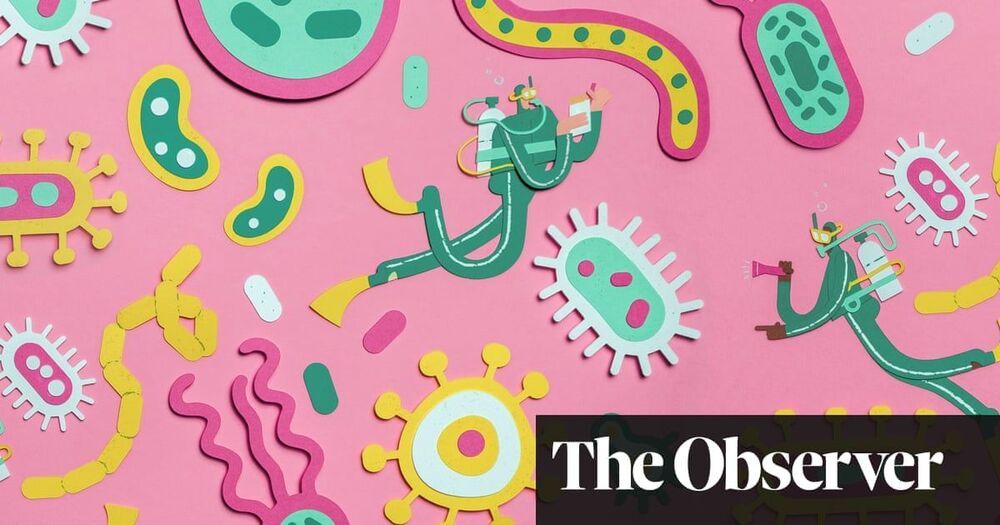
Scientists are only just discovering the enormous impact of our gut health – and how it could hold the key to everything from tackling obesity to overcoming anxiety and boosting immunity by Rebecca Seal.

World Economic Forum Founder Klaus Schwab opens Cyber Polygon 2021 with a warning: “A lack of cybersecurity has become a clear and immediate danger to our society worldwide.”
Giving the welcoming remarks at Cyber Polygon for the second year in a row, Schwab spoke at length about the World Economic Forum’s (WEF) desire to tackle cybersecurity by bringing together a closer merger of corporations, small businesses, and governments.
Last year, Schwab warned, “We all know, but still pay insufficient attention to, the frightening scenario of a comprehensive cyber attack, which would bring a complete halt to the power supply, transportation, hospital services, our society as a whole.”
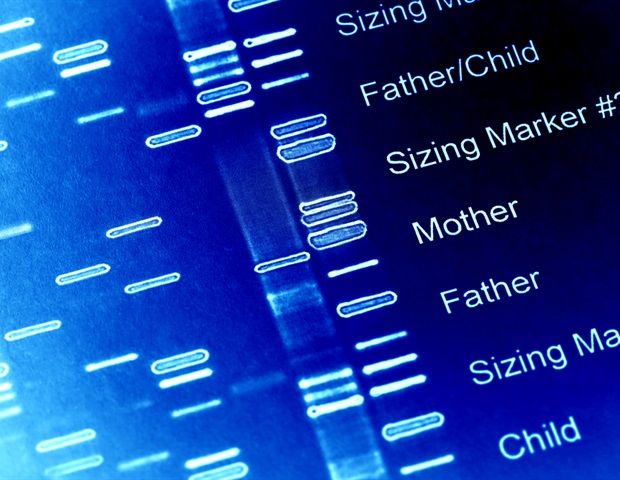
Using CRISPR-Cas9, the researchers subsequently removed the one copy of the Ndn gene from the 15q dup mouse model to generate mice with a normalized genomic copy number for this gene (15q dupΔNdn mouse). Using this model, they demonstrated that the abnormalities observed in 15q dup mice (abnormal spine turnover rate and decreased inhibitory synaptic input) could be ameliorated.
A research group including Kobe University’s Professor TAKUMI Toru (also a Senior Visiting Scientist at RIKEN Center for Biosystems Dynamics Research) and Assistant Professor TAMADA Kota, both of the Physiology Division in the Graduate School of Medicine, has revealed a causal gene (Necdin, NDN) in autism model mice that have the chromosomal abnormality called copy number variation.
The researchers hope to illuminate the NDN gene’s molecular mechanism in order to contribute towards the creation of new treatment strategies for developmental disorders including autism.
These research results were published in Nature Communications on July 1, 2021.
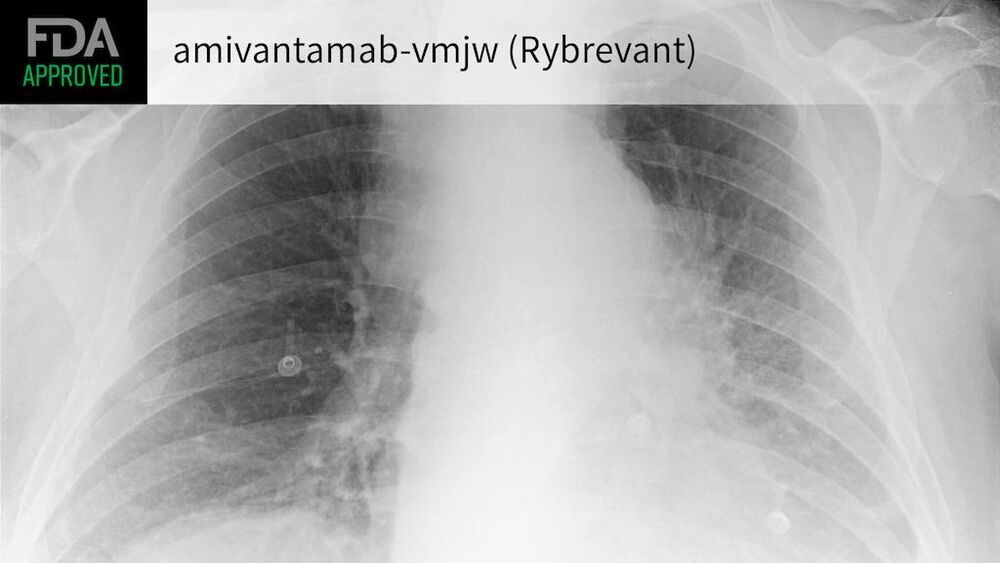
The overall response rate in the trial population was 40% (95% CI 29%-51%). Median duration of response was 11.1 months (95% CI 6.9-not evaluable), with nearly two-thirds of patients having a duration of response of at least 6 months.
The FDA approved amivantamab-vmjw (Rybrevant) on Friday as the first treatment for patients with non-small cell lung cancer (NSCLC) harboring EGFR exon 20 insertion mutations.
Amivantamab is a bispecific antibody that targets EGFR and mesenchymal-epithelial transition factor pathways. EGFR exon 20 insertion mutations occur in approximately 2% to 3% of NSCLC patients, and are associated with rapid cell growth.
“Advances in precision oncology continue to facilitate drug development, allowing diseases like lung cancer to be subset into biomarker-defined populations appropriate for targeted therapies,” said Julia Beaver, MD, chief of medical oncology in the FDA’s Oncology Center of Excellence, in a statement. “With today’s approval, for the first time, patients with non-small cell lung cancer with EGFR exon 20 insertion mutations will have a targeted treatment option.”

Ageing is an incredibly complicated process, so much so that we do not yet understand exactly how complicated it is. It is in fact so complicated, that it could actually be incredibly simple. Confused? Well, imagine if you were a structural engineer who was trying to understand why a building collapsed. From an initial inspection of the rubble, it may be extremely difficult to work out exactly what went wrong. Was the building made from inferior materials? Was it built incorrectly? Was its destruction deliberate? Did it just fall apart due to age? All of these are possible, but what was the true cause for its destruction? Well, that is the same mystery we are trying to solve in longevity research. We can see the damage that is caused by ageing, but what is the cause? Is it a general accumulation of damage, or are there single points of failure which have knock on effects that affect the entire body? A cascade failure if you will.
Of the many different changes that occur during the ageing process, one of the most well-known and understood is the decreased capacity for our body to produced chemical energy, which has a knock-on effect throughout the body. This results in a general decrease in our ability to carry out cellular functions and will therefore effective everything from muscle strength to DNA replication and repair. This decrease in energy output has been linked to defects in our mitochondria, but in addition to these physical defects that occur in these small organisms, we now know that they also suffer a decreased capacity to carry out their function due to lacking a critical coenzyme called Nicotinamide adenine dinucleotide (NAD). Anyone who has taken a high school level biology class will probably recognise this enzyme as part of the electron transport chain in respiration.
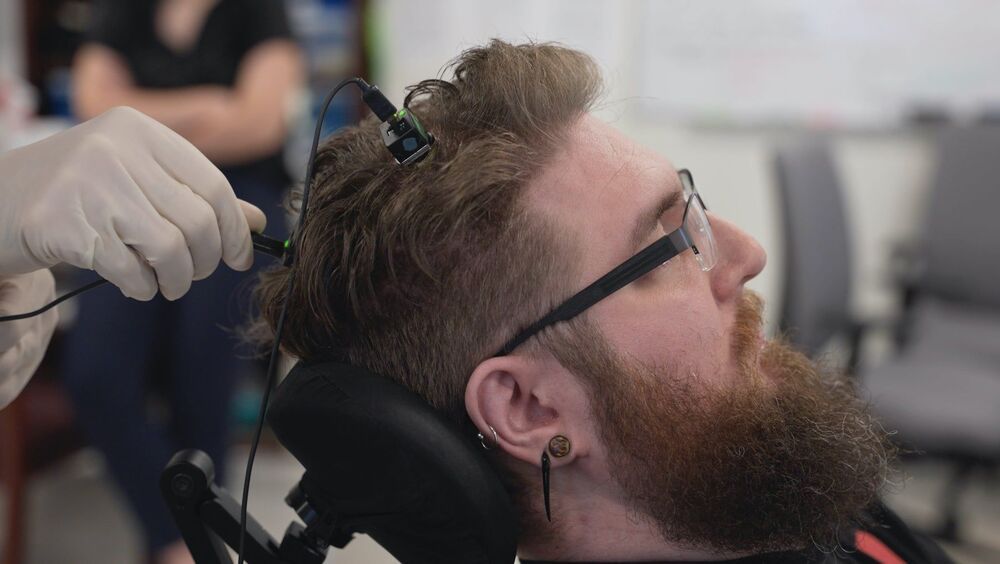
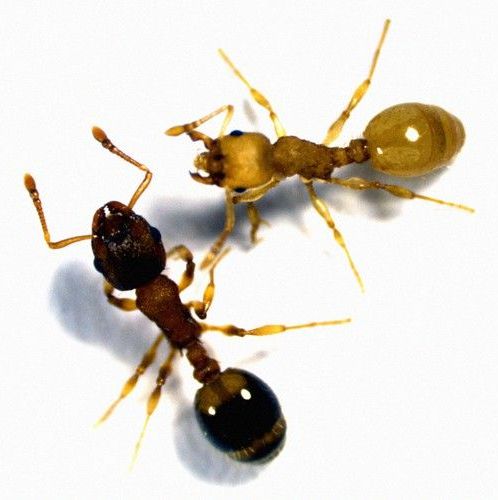
“Deep in the forests of Germany, nestled neatly into the hollowed-out shells of acorns, live a smattering of ants who have stumbled upon a fountain of youth. They are born workers, but do not do much work. Their days are spent lollygagging about the nest, where their siblings shower them with gifts of food. They seem to elude the ravages of old age, retaining a durably adolescent physique, their outer shells soft and their hue distinctively tawny. Their scent, too, seems to shift, wafting out an alluring perfume that endears them to others. While their sisters, who have nearly identical genomes, perish within months of being born, these death-defying insects live on for years and years and years,” Katherine J. Wu writes.
A parasite gives its hosts the appearance of youth, and an unmatched social power in the colony.
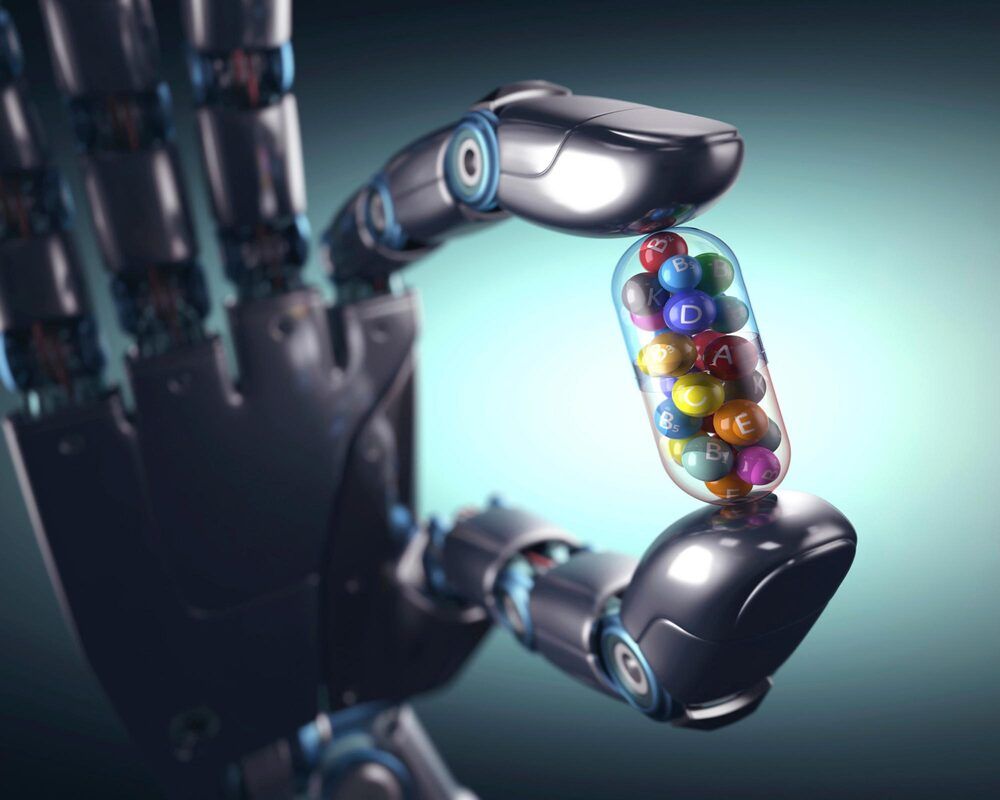
Artificial intelligence (AI) is able to recognize the biological activity of natural products in a targeted manner, as researchers at ETH Zurich have demonstrated. Moreover, AI helps to find molecules that have the same effect as a natural substance but are easier to manufacture. This opens up huge possibilities for drug discovery, which also has potential to rewrite the rulebook for pharmaceutical research.
Nature has a vast store of medicinal substances. “Over 50 percent of all drugs today are inspired by nature,” says Gisbert Schneider, Professor of Computer-Assisted Drug Design at ETH Zurich. Nevertheless, he is convinced that we have tapped only a fraction of the potential of natural products. Together with his team, he has successfully demonstrated how artificial intelligence (AI) methods can be used in a targeted manner to find new pharmaceutical applications for natural products. Furthermore, AI methods are capable of helping to find alternatives to these compounds that have the same effect but are much easier and therefore cheaper to manufacture.
And so the ETH researchers are paving the way for an important medical advance: we currently have only about 4000 basically different medicines in total. In contrast, estimates of the number of human proteins reach up to 400000, each of which could be a target for a drug. There are good reasons for Schneider’s focus on nature in the search for new pharmaceutical agents. “Most natural products are by definition potential active ingredients that have been selected via evolutionary mechanisms,” he says.